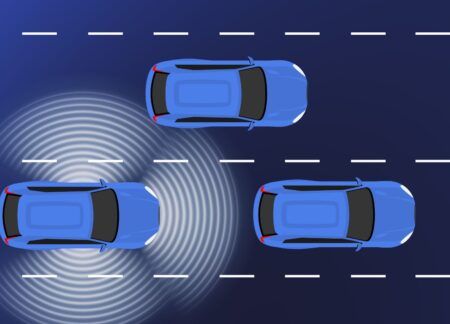Michigan’s Council on Future Mobility has presented its latest report to Governor Rick Snyder, with the document outlining policy recommendations that aim to keep the state as a leader in the development and deployment of connected and autonomous vehicles (CAVs).
Created in 2016, the 21-member multidisciplinary council has released its second Annual Report, a comprehensive public-policy blueprint that promotes the development and application of technologies associated with autonomous, automated and connected vehicles.
The 2018 report from the state’s advisory committee effectively aims to cultivate the legal, economic and regulatory ecosystem to facilitate and support the transformation of mobility across all modes of transportation in the state.
Key recommendations within the Michigan Council on Future Mobility’s 2018 report include:
• Educating itself and policymakers on future mobility, from needs to solutions, for all modes of transportation;
• Connecting the public and private sectors to foster innovation and practical advances in mobility.
• Creating an educational, professional and personal environment that attracts and retains desirable talent to serve and strengthen the transportation industry;
• Engaging local communities and partners to promote and advance personal mobility;
• Promoting equitable access to future mobility options, especially for those who are economically disadvantaged, persons with disabilities, and senior citizens;
• Identifying opportunities to develop and brand Michigan as the epicenter of mobility technology and policy development;
• Ensuring effective cybersecurity standards for safe and efficient transportation;
• Addressing and evaluating implications for risk management, insurance and product liability laws;
• Assessing the need for structural improvements to public and private infrastructure to facilitate deployment of new technologies that enhance personal mobility across all modes of transportation;
• Displaying national thought leadership by analyzing the impact of autonomous/highly automated vehicles and potential, required changes to the Michigan Vehicle and Insurance codes, and the practical impact of such changes on law enforcement.
Future recommendations under consideration by the council, include cybersecurity protections, as well as the impact on autonomous vehicles on the management of risk and liability. Specific cybersecurity protections under consideration include protecting information from unauthorized disclosure, securing data sharing, and expanding cybersecurity research.
“I have been traveling nationally and internationally to promote Michigan as a leader in automotive design and manufacturing, with the technical expertise to usher in the next era of transportation,” said Snyder.
“These public policy recommendations provide a rigorous framework and practical methods to address the many forms of mobility that are rapidly becoming a reality. Many of the issues contained in the report are the same as those that come up in discussions when I travel to promote Michigan as the mobility capital of the world, and this input helps to answer those questions and show that we are staying at the forefront of all things mobility. As a comprehensive framework that promotes private sector-public sector collaboration, the recommendations can serve as a template for other states and countries.”




